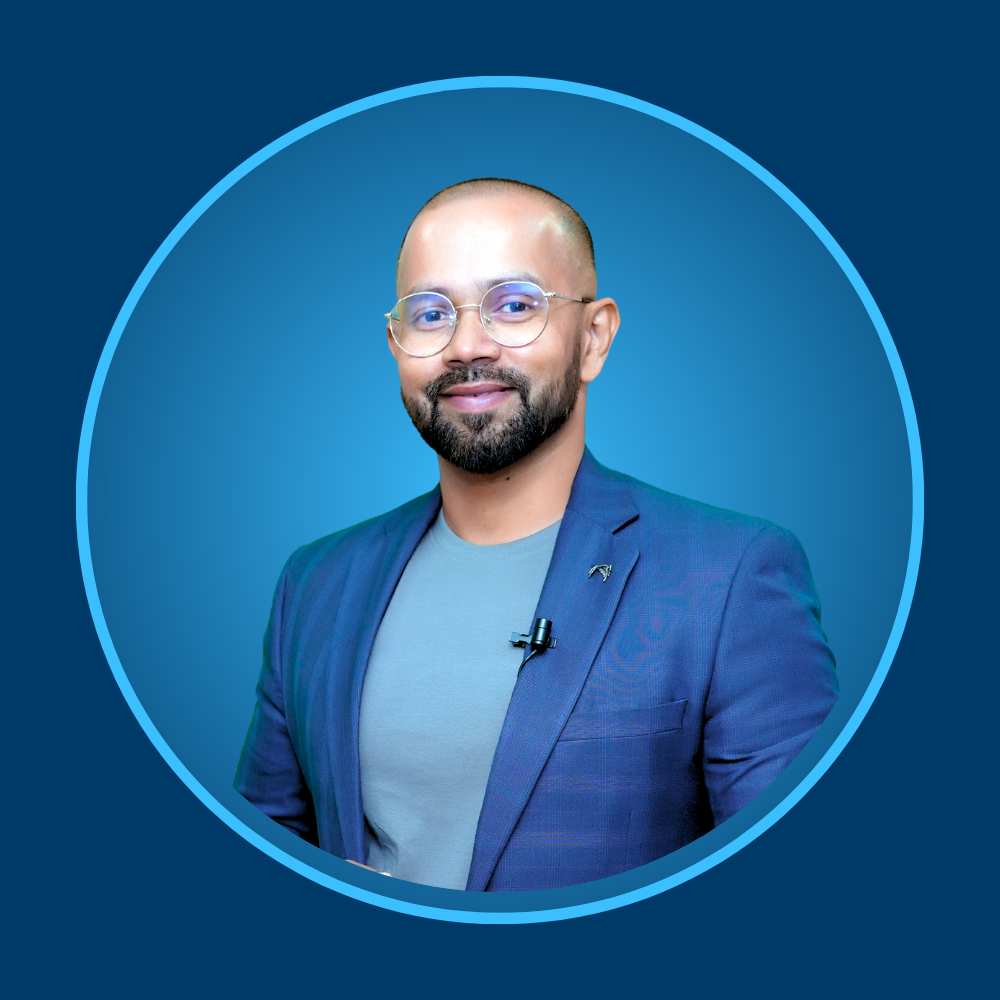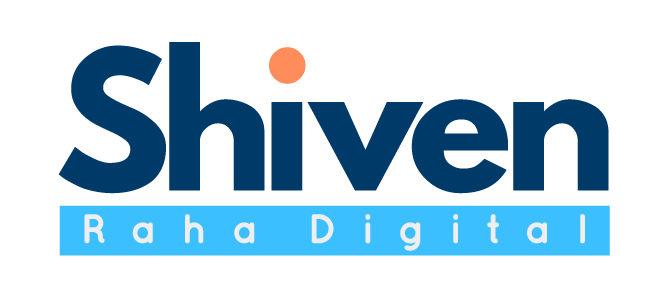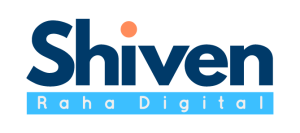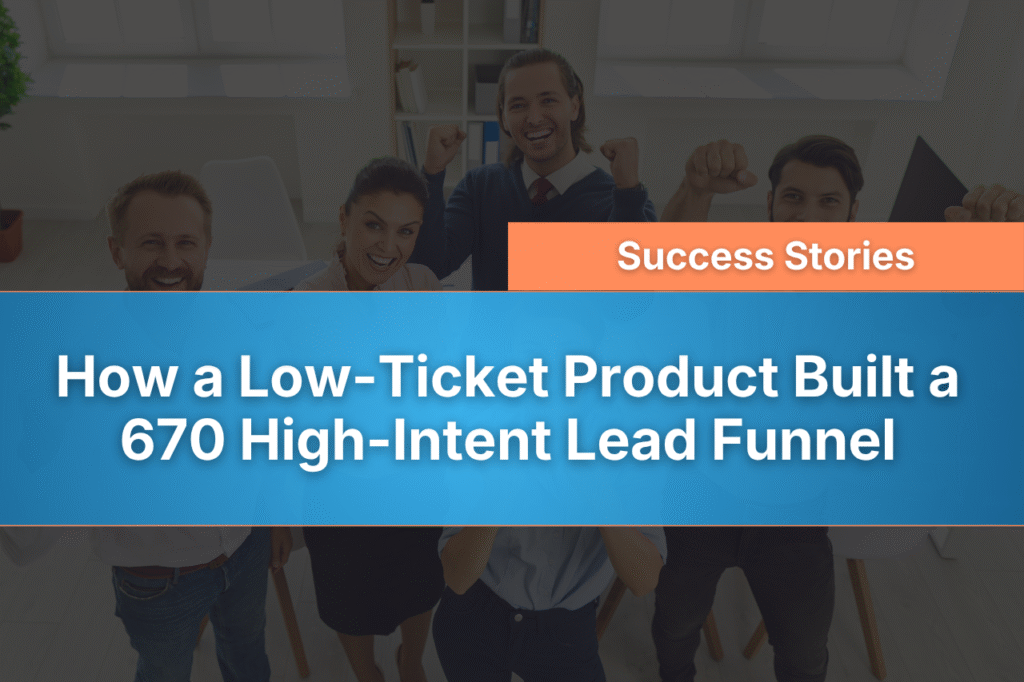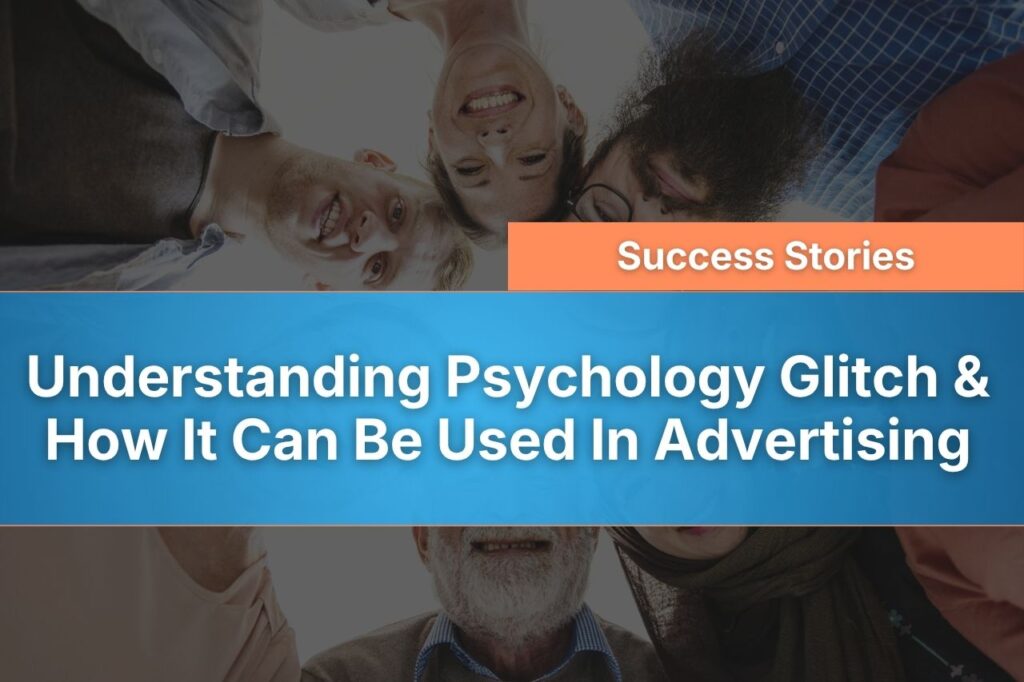- Introduction
- The Misconception About Facebook Ads in Coaching
- The Core Idea: The Low-Ticket Front-End Offer
- The Numbers Behind the Campaign
- Funnel Breakdown: How It All Worked
- The Strategic Psychology Behind It
- Common Mistakes Coaches Make with Facebook Ads
- Framework: The Self-Liquidating Funnel for Coaches
- Case Study Recap: From ₹90K Spend to a 1.8X ROAS
- Key Takeaways for Coaching Businesses
- Conclusion
Introduction
Most coaching businesses believe Facebook ads only work when you pour massive budgets into them. That belief couldn’t be further from the truth. In reality, Facebook ads can turn even a low-ticket offer into a high-performance funnel if executed strategically.
Recently, our team worked with a coaching client who was struggling to scale. We turned a simple ₹300 question bank into a profitable lead-generation machine that not only paid for its ad spend but created a pool of 670+ warm leads probably ready to buy their main coaching programme.
In this blog, we’ll break down how it happened, the framework behind it, and how you can replicate the same strategy for your own coaching business.
By the end, you’ll understand how a small offer can attract qualified leads, build trust, and set the stage for higher-ticket sales, all powered by Facebook ads.
The Misconception About Facebook Ads in Coaching
Many coaches think Facebook ads are risky, expensive, and unpredictable. They boost posts, run generic lead forms, and often end up with cold, low-intent leads who never buy. The truth is that ads fail not because of the platform but because of the strategy behind them.
Facebook ads for coaching businesses need a structure that blends psychology, positioning, and an irresistible offer.
Instead of selling the main coaching programme straight away, start with a front-end product that delivers quick value at a low commitment level. This approach builds credibility, qualifies buyers, and funds your next stage of advertising.
That’s exactly what we implemented for our client, and it transformed the way they saw paid marketing.
The Core Idea: The Low-Ticket Front-End Offer
Our client, a coaching institute targeting students preparing for competitive exams in India, had a premium six-month group coaching programme.
Their biggest challenge? Cold leads were hesitant to invest upfront in a high-value offer.
The solution was simple: introduce a low-ticket, but super high-value-driven product, a ₹300 question bank. It was positioned as an affordable, must-have resource that directly helped students improve their exam preparation.
Why it worked:
- Immediate Value: Students could experience tangible benefits right away.
- Trust Builder: It proved the coach’s expertise without any sales pitch.
- Commitment Filter: Anyone paying even ₹300 showed real interest in learning.
This low-ticket front-end product became the entry point of a full-funnel marketing system that paid for itself and primed leads for the higher coaching offer.
The Numbers Behind the Campaign
Let’s look at what happened when we ran the Facebook ad campaign, and all this happened in a span of not more than 40 days.
- Ad Spend: ~₹90,000–95,000
- Revenue from Sales: ~₹1.58 lakh
- ROAS (Return on Ad Spend): 1.8X
- Total Conversions: 670+ leads purchased the ₹300 question bank.
Every purchase wasn’t just a sale. It was a qualified lead someone who trusted the brand enough to buy. These buyers entered the client’s CRM and became part of a nurturing sequence that as planned, were later promoted to their six-month coaching programme.
This is the essence of a self-liquidating funnel: your ads fund themselves while generating warm, pre-qualified leads for your core business.
Funnel Breakdown: How It All Worked
To understand this campaign, let’s break the funnel into three simple stages:
Stage 1: Attraction (Facebook Ads)
We ran highly targeted Facebook ads aimed at students interested in competitive exams. The ad copy focused on pain points lack of quality practice material, exam stress, and uncertainty, and positioned the question bank as a fast, affordable solution.
Stage 2: Conversion (Low-Ticket Purchase)
Instead of collecting free leads, we directed traffic to a landing page where students could instantly purchase the question bank. This micro-transaction filtered serious learners from casual browsers.
Stage 3: Ascension (Backend Sales)
Once buyers completed the purchase, they entered a backend calling funnel. The coach’s team reached out, offered free consultations, and introduced the high-ticket coaching programme.
This structured journey from curiosity to purchase to mentorship built both revenue and trust.
The Strategic Psychology Behind It
Every step of this funnel was designed using fundamental marketing psychology.
- Reciprocity: The affordable price created instant goodwill. Buyers felt they got immense value for a small cost.
- Commitment Bias: Spending even a small amount increases a person’s likelihood to continue investing in the same brand.
- Trust Accumulation: Delivering value first built credibility without needing aggressive selling.
The beauty of this approach is scalability. Once the funnel was validated, the coach could easily increase ad spend knowing every rupee generated both sales and leads for future conversions.
Common Mistakes Coaches Make with Facebook Ads
Most coaches fail with Facebook ads because they:
- Try to sell high-ticket coaching directly.
- Lack a compelling front-end offer.
- Ignore post-purchase nurturing.
The fix is straightforward: treat ads as an entry point, not a destination. Focus on building a journey that turns strangers into paying customers, then into clients.
When done right, Facebook ads become an investment, not an expense.
Framework: The Self-Liquidating Funnel for Coaches
Here’s a simplified framework you can use:
- Define the Front-End Offer: Something between ₹300–500 that solves an urgent problem or offers a quick win.
- Run Targeted Ads: Focus on clarity, not creativity. Speak directly to your audience’s pain points.
- Optimise the Landing Page: Keep it clean, clear, and benefit-driven.
- Automate Follow-Ups: Use email or WhatsApp to engage buyers immediately.
- Upsell With Intent: Once trust is built, introduce your core coaching programme.
This framework allows your ad spend to recover itself while building a database of warm, high-intent leads.
Case Study Recap: From ₹90K Spend to a 1.8X ROAS
To summarise the transformation:
- Problem: Cold audience, low conversions on high-ticket coaching offers.
- Strategy: Introduce a low-ticket front-end product to qualify leads.
- Execution: Facebook ads + simple landing page + backend nurturing.
- Result: 670+ paying customers, 1.8X ROAS, and a warm database ready for premium offers.
The campaign not only paid for itself but created a scalable system that continuously fuels the client’s enrolments.
Key Takeaways for Coaching Businesses
- Start small, scale smart: You don’t need a massive ad budget. You need a smart offer.
- Value-first marketing wins: Deliver results before you sell anything expensive.
- Automate your backend: Ads only perform when the follow-up system converts.
- Measure everything: ROAS, lead cost, conversion rates—every number tells a story.
- Trust compounds: Each positive experience leads to a higher lifetime value.
Conclusion
This campaign proved one thing: Facebook ads for coaching businesses aren’t about luck or large budgets. They’re about structure, psychology, and value alignment.
A small, well-positioned offer can become your most powerful lead-generation tool when integrated into a well-thought-out funnel.
If you’re a coach or service provider looking to replicate this strategy to build a self-liquidating funnel, attract qualified leads, and convert them into long-term clients, click here to schedule a consultation with our team.
To build clarity. To build conversion.
